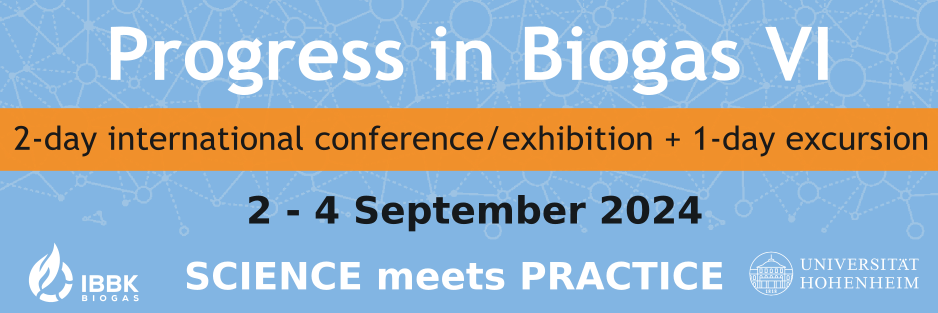Is anaerobic digestion contributing to antibiotic resistance?
New research is suggesting that advanced anaerobic digestion and reverse osmosis filtration in agriculture could be leaving behind ‘concerning levels’ of antibiotic residues.
According to the World Health Organisation: “Antibiotics are medicines used to prevent and treat bacterial infections. Antibiotic resistance occurs when bacteria change in response to the use of these medicines.”
WHO claims antibiotic resistance is one of the biggest threats to global health, food security and development today. The problem also exists in agriculture. When farmers repurpose animal manure as fertiliser or bedding, traces of antibiotics can leach into the environment – contributing to the rise of antibiotic-resistant bacteria.
Two new studies by Diana Aga, PhD, Henry M. Woodburn Professor of Chemistry in the University at Buffalo College of Arts and Sciences found that both advanced AD and reverse osmosis filtration do not fully remove antibiotics from manure.
In addition, the researchers have also found that the solid matter often filtered out from raw, wet manure before the treatment technologies are implemented contains higher concentrations of antibiotics than unprocessed manure. This material is often released into the environment either as animal bedding or fertiliser.
“We were hoping that these advanced treatment technologies could remove antibiotics. As it turns out, they were not as effective as we thought they could be,” Aga says.
"On the positive side, I think that a multistep process that also includes composting at the end of the system could significantly reduce the levels of antibiotics. Our earlier studies on poultry litter demonstrated that up to 70 percent reduction in antibiotics called ionophores can be achieved after 150 days of composting. Testing this hypothesis on dairy farm manure is the next phase of our project, and we are seeing some positive results."
The research points to a problem that extends beyond agriculture, according to Aga.
"Neither of the treatment systems we studied was designed to remove antibiotics from waste as the primary goal," Aga says. "Advanced anaerobic digestion is used to reduce odours and produce biogas, and reverse osmosis is used to recycle water. They were not meant to address removal of antibiotic compounds.
"This problem is not limited to agriculture: Waste treatment systems today, including those designed to handle municipal wastewater, hospital wastes and even waste from antibiotic manufacturing industries, do not have treatment of antibiotics in mind. This is an extremely important global issue because the rise of antibiotic resistance in the environment is unprecedented. We need to start thinking about this if we want to prevent the continued spread of resistance in the environment."
























